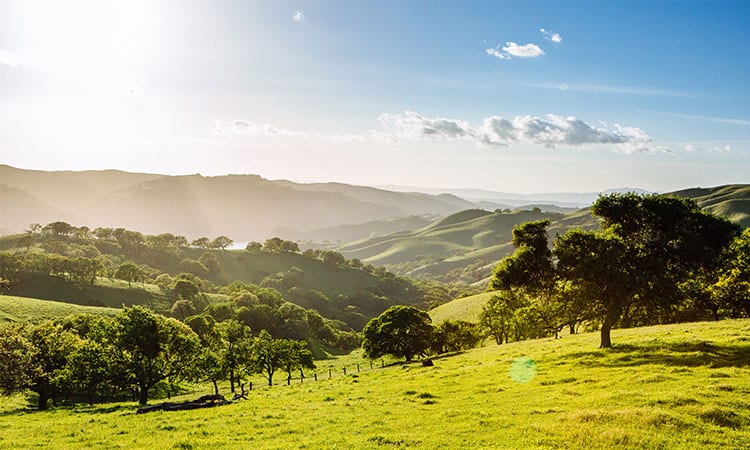From breathtaking hikes to exhilarating bike rides, serene swimming holes to challenging rock climbing routes, and tranquil nature viewing to heart-pumping BMX tracks, the Tri-Valley offers an array of activities for every outdoor enthusiast.
What better way to learn about a new place than by exploring its past? The Tri-Valley has a rich history that combines indigenous Native American tribes, Spanish and British colonization, the California Gold Rush, the development of the Southern Pacific Railroad, Prohibition, and the beginning of our longstanding Wine Country.
For those who love to learn and history buffs alike, check out the following historic sites, museums, and Visitor Centers that you won’t want to miss.
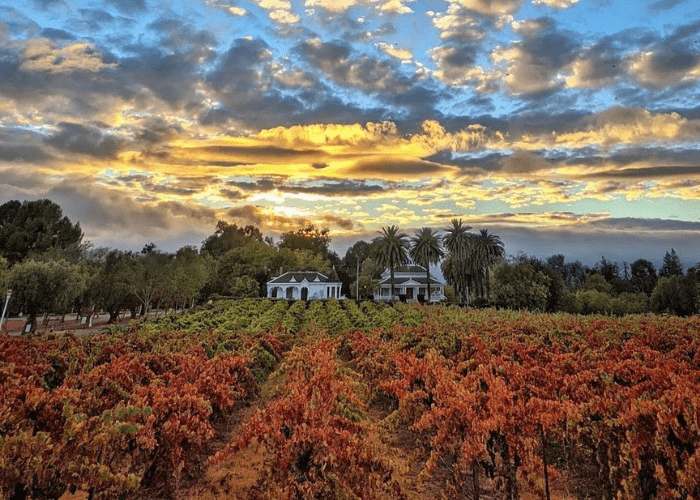
Photo Credit: @velvetlandscapes
Take a step back into time while visiting Ravenswood Historic Site in Livermore. This gorgeous Victorian country estate was built in 1885, acting as a summer home of San Francisco politician Christopher Augustine Buckley Sr. and a religious retreat for the Redemptorist Fathers. It was eventually purchased by developer Masud Mehran and gifted back to the city to be used as a park.
Today, Ravenswood is the not just a romantic wedding venue within the Livermore Valley Wine Country, but also a special place that aims to preserve the area’s history. Stop in every second and forth Sundays of each month (except the fourth Sunday in December) from noon to 4pm to enjoy a free tour of the site, run by Victorian-costumed docents! Tours run every twenty minutes and last approximately one hour, with the last tour of the day starting at 3pm.
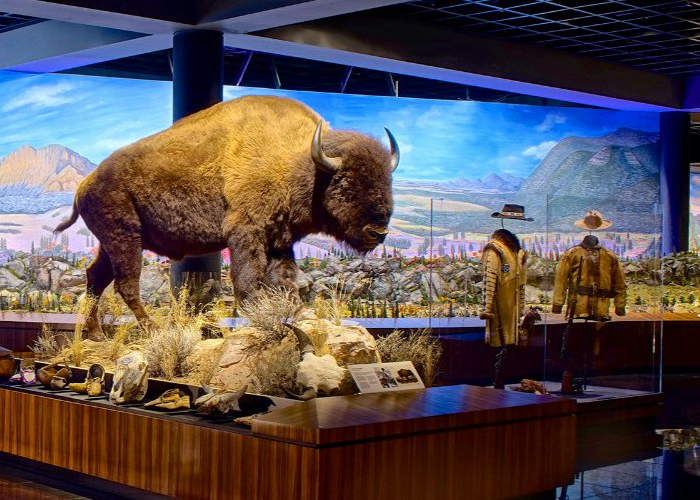
The Blackhawk Museum is known for his extensive automotive gallery, but it’s also home to a variety of culturally and historically significant exhibits. The Spirit of the Old West highlights American history on the Western frontier, telling the story from the perspective of both Native Americans and pioneers. The Art of Africa exhibit features various artifacts sourced from indigenous peoples of sub-Saharan Africa. The Into China gallery brilliantly showcases intricately handcrafted masterpieces that exemplify traditional Chinese customs and culture, as well as one of the world’s largest miniature models of the Forbidden City. The World of Nature gallery features over 600 animal species from around the world in a fully immersive experience that includes ambient sounds and floor to ceiling displays.
For more experiences like this, don’t miss our Must-See Museums in the Tri-Valley blog.
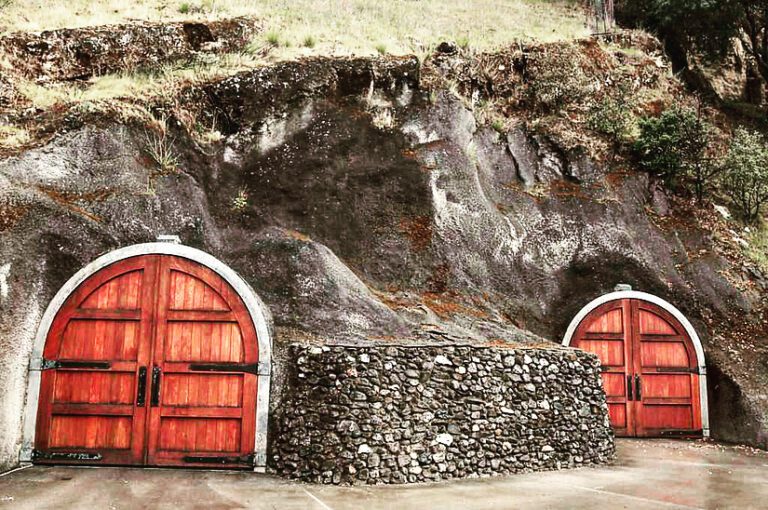
Wente Vineyards prides itself as being the oldest winery in Livermore Valley and the oldest continuously owned, family-operated winery in the United States, established in the Tri-Valley in 1883. In 1908, the first Chardonnay vines were planted in the Livermore Valley and today, over 75% of all California Chardonnay stems from the Wente Clone and the Wente Family property.
Take a tour of their property to learn about five generations of Wente Family wine-making history, or ask to see their vintage wine caves. At one point during Prohibition, police found out that they were smuggling wine through a neighboring valley and were ordered the family to demolish a whole section of tunnels.
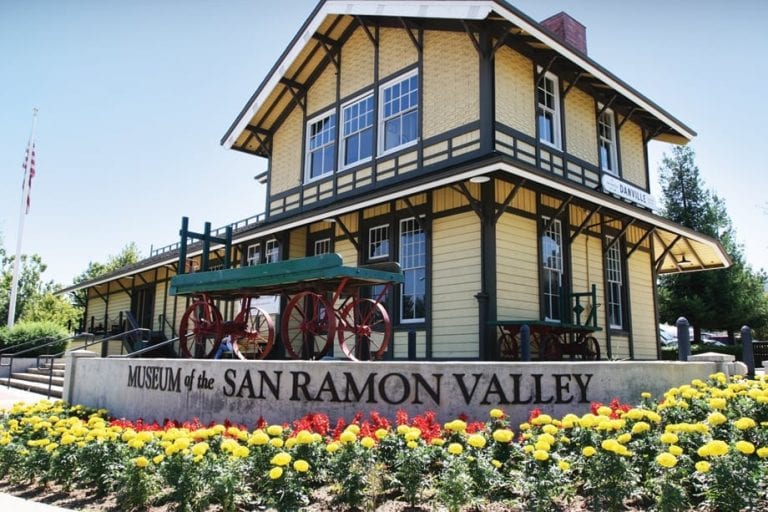
The Museum of the San Ramon Valley sits in the heart of Downtown Danville surrounded by restaurants, boutiques, and a few stops on our Tri-Valley Beer Trail. The restored building was originally Danville’s Depot, a shop and rest stop established in 1951 for residents and train passengers, and even features a life-size railroad car that visitors can board and take photos with. Although the 20-mile set of railroad tracks linking San Ramon to Martinez was demolished in 1978, the right of way still remains today as the Iron Horse Regional Trail.
Today, the museum is home to a permanent exhibit on the Valley’s history while also sponsoring revolving exhibits and several guided tours of the Alamo Cemetery and Old Town Danville.
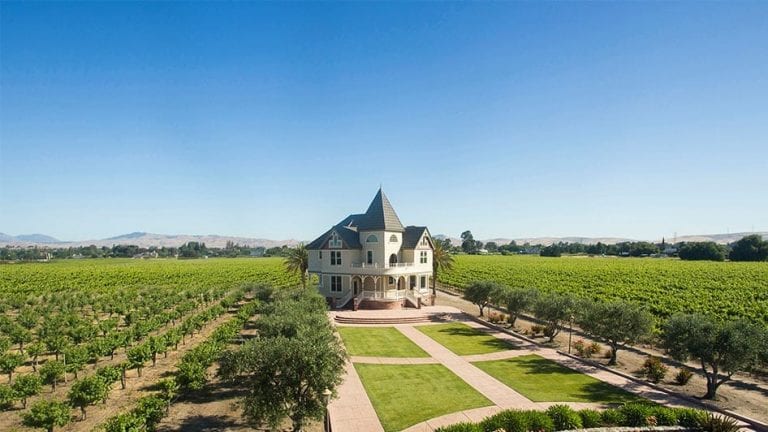
Concannon Vineyard was established in 1883 as one of the pioneers of California wine and Livermore Valley. James Concannon immigrated to the United States from Ireland, and was one of the first to craft Bordeaux-style wines in California. Despite Prohibition, Concannon Vineyard was able to endure through the tough times and stay in business, making them America’s oldest, ongoing winery under the same family label and stewardship.
Visit Concannon Vineyard to roam their gorgeous grounds, and manicured gardens while sipping on their renowned Cabernet Sauvignon. Don’t miss out on their historical wall display telling the story of their success and perseverance, located in their main tasting room.
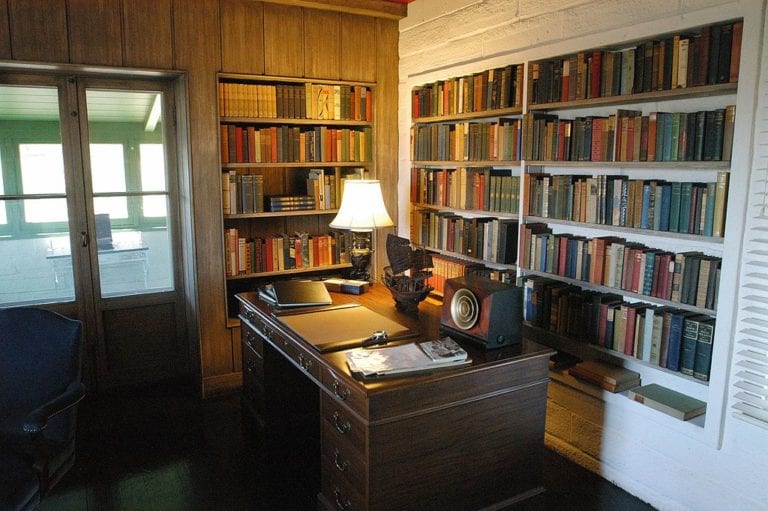
America’s only Nobel Prize-winning playwright, Eugene O’Neill, resided in what he called the Tao House in Danville between 1937 and 1944. There, he wrote some of his most memorable pieces including The Iceman Cometh, Long Day’s Journey Into Night, Hughie, and A Moon For the Misbegotten.
Today, it’s protected as a National Historic Site and retains its private sanctuary by not allowing private vehicles on location. Self-guided tours are available Wednesday-Friday and Sundays at either 10am or 2pm by advance reservation only. Guided tours on Saturdays are free, last approximately 2 hours, and include transportation to/from the park. Plan ahead and make reservations at least two weeks before your visit.
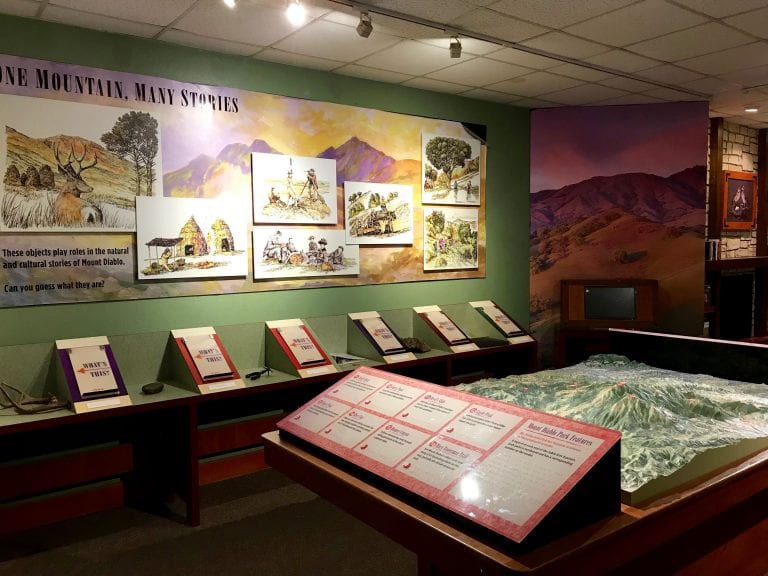
The Mt. Diablo Summit Visitor Center doubles as a historical attraction and an adventure! Mt. Diablo is not only a beautiful backdrop to the whole Bay Area, it’s a fun place for hiking, biking, exploring, horse-back riding, rock climbing and picnicking. Read more about all the activities this park has to offer in our Visiting Mount Diablo State Park blog.
The Mt. Diablo Summit Visitor Center is full of models, photographs, and artifacts from the early human inhabitance of the mountain range. A short video shown in a separate viewing room even illustrates how the mountain was formed millions of years ago. The Visitor Center was also made with rock that was sourced from other parts of the mountain range. If you look closely, you’ll notice that the rock is riddled with marine fossils dating back to the Jurassic Period.
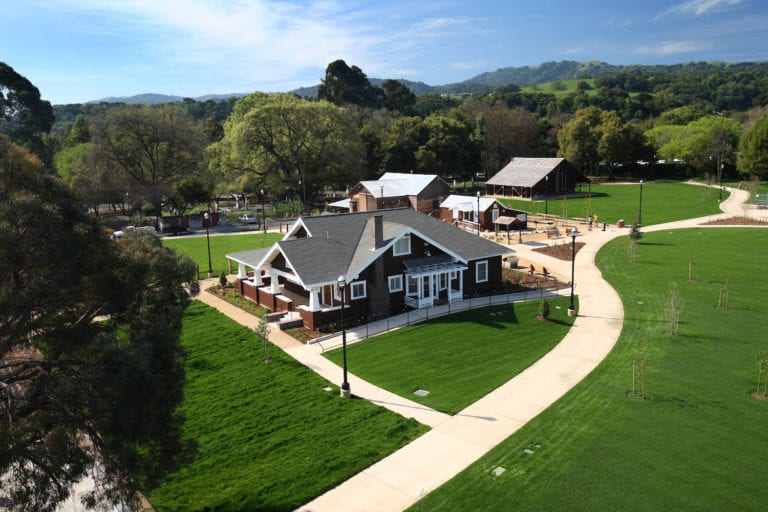
This 10-acre park located in Dublin features historic buildings, lawns, picnic areas, and an antiquated pioneer cemetery. The park is also home to two separate museums, the 1856 Murray Schoolhouse which showcases a permanent exhibit on Dubln’s history; and the Kolb house, a historic house-museum. Admission to both museums are free during regular hours, which are Wednesday through Sunday, from 1pm – 4pm. The Dublin Heritage Park & Museums also hosts a variety of classes, camps, events, and tours.
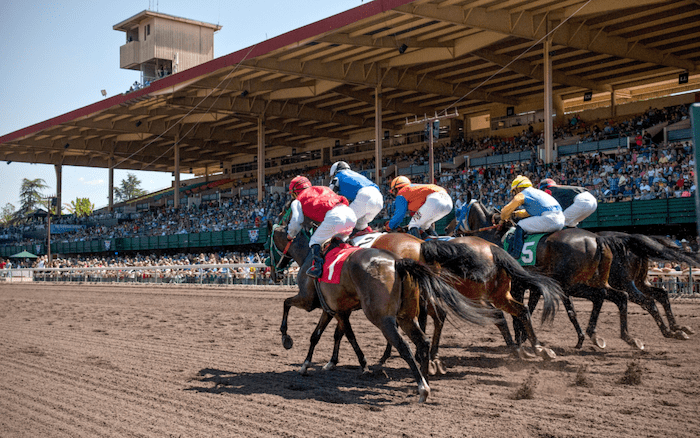
America’s oldest 1-mile horse race track resides in Pleasanton, CA at the Alameda County Fairgrounds. The race track was built in 1858 and has a rich history, being called the “birthplace of California horse racing” by the San Francisco Chronicle in 1939. Read more about the History Behind Alameda County Fairgrounds Horse Race Track, or visit it in-person.
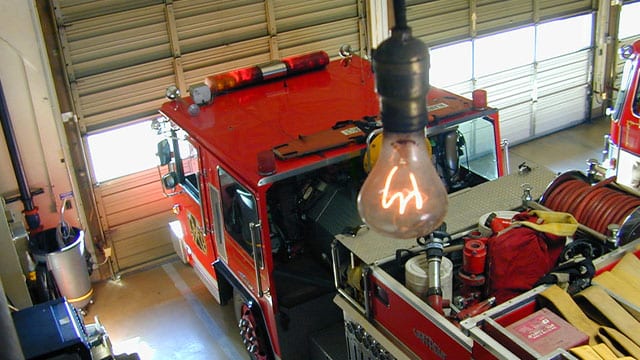
When’s the last time your light bulb lasted for over 100 years? Stop by the Livermore-Pleasanton Fire Department to see the longest-lasting light bulb. Burning since June of 1901, this electric anomaly has been recognized by the Guinness World Records and Ripley’s Believe it or Not! For more information about this interesting piece of work, check out our Visiting the Centennial Light Bulb blog.
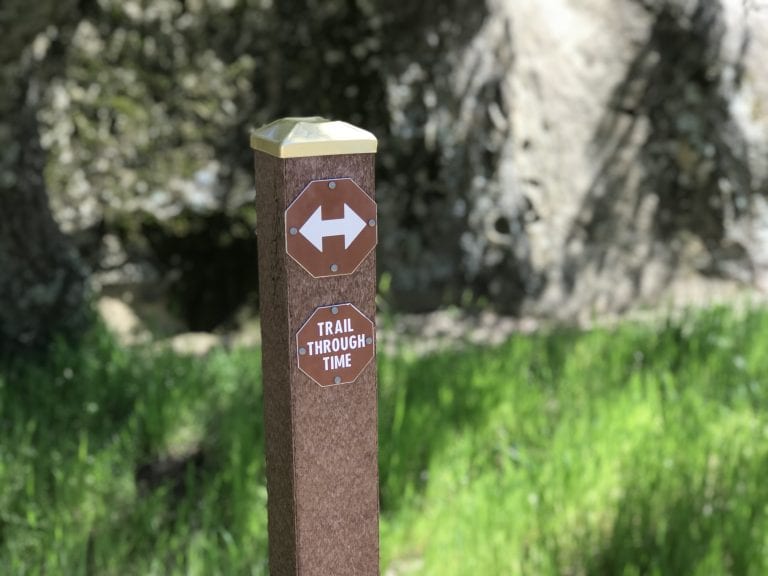
Rock City is a fun perk of visiting Mt. Diablo State Park. Rock City Park is located off of South Gate Road, approximately one mile north of the South Gate Kiosk. This unique space is a maze of sandstone formations sculpted by water and wind over millions of years that you could weave in and out of for hours. Some of the more popular features of this park within a park includes Sentinel Rock, a ridge of high peaks which offer breathtaking panoramic views; Fossil Ridge, an area of fossil-rich stone baring evidence of its ancient residents; and of course the Wind Caves.
Take a stroll down the “Trail Through Time” and get lost in this vast natural playground that has been inhabited by humans for thousands of years. Coming from the Live Oak campground or west Rock City parking lots, the Wind Caves are most likely the first attraction you’ll stumble upon. The sandstone of the Wind Caves and Elephant Rock are smooth to the touch, so as long as there is adult supervision, kids are safe to climb and play on and in them. Keep in mind that some of these rocks have deceivingly steep drop-offs, so scope the area out before you or your party start climbing.
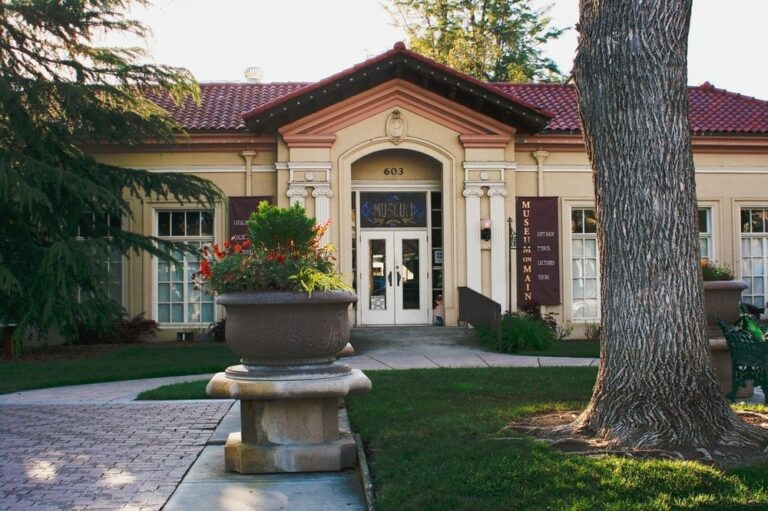
The Museum on Main has worn several hats since its 1914 establishment. Located on Main Street, this local staple shares a street with several delicious restaurants and adorable boutiques. The building itself has been used as the Town Hall, the local Police Department, and the first free library in the city of Pleasanton.
Since 1963, the Amador-Livermore Valley Historical Society (ALVHS) has used that building to protect, preserve and interpret the history of the two valleys. Stocked with plenty of documents and photographs, this museum also hosts several artifacts from the city’s Western Frontier days.
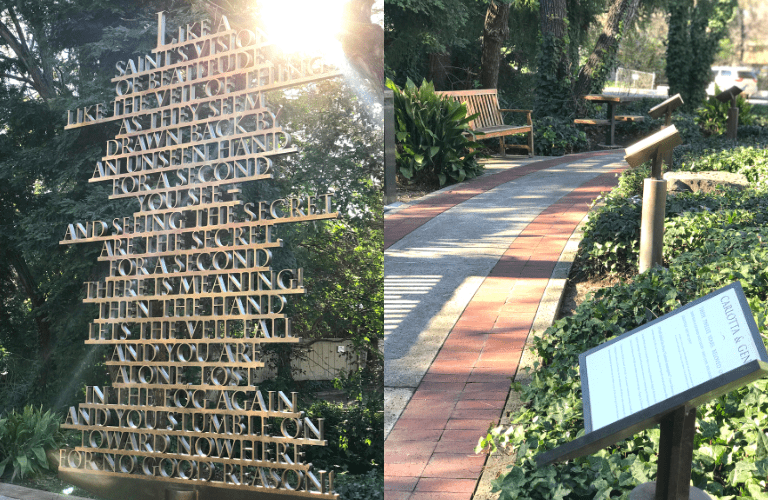
Located in Danville on Front Street, across from the Danville Library, is a small but sweet tribute to America’s only Nobel Prize-winning playwright, Eugene O’Neill. O’Neill resided in Danville between 1937 and 1944 and his home is now a protected National Historic Site.
This peaceful path is lined with greenery and stone books which shed light on the famous playwright. A few chess tables and benches encourage visitors to sit and stay a while.
From breathtaking hikes to exhilarating bike rides, serene swimming holes to challenging rock climbing routes, and tranquil nature viewing to heart-pumping BMX tracks, the Tri-Valley offers an array of activities for every outdoor enthusiast.
Read up on one-of-a-kind educational experiences that preserve the unique role of the Tri-Valley in California’s development in addition to other worldly exhibits.
Learn more about America's oldest 1-mile horse race track and the birthplace of California horse racing.
